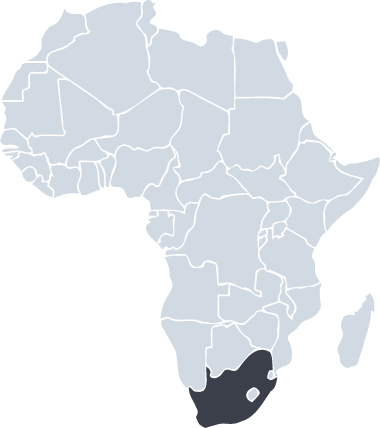Beeswax
Origin
Wax is made by bees to store honey and pollen and to raise brood. When honey is harvested, beeswax is a byproduct. Baviaanskloof Heuning “recycles” wax from independent beekeepers, superheating, straining and cleaning this wax before combining it with wax from their own hives. Most of this recycled wax is pressed into foundation sheets for use by local beekeepers.
The high demand for locally-produced beeswax led to our collaboration with Baviaanskloof Heuning. This project is still in the experimental phase: while not yet fully traceable, we are exploring the creation of a more traceable model. We are also in the process of testing to determine trace levels of agrochemicals present in this beeswax. Details documenting our experiment and findings are available here. Please contact us with feedback or questions - hearing from customers is key to this experiment!
Country of origin:
South Africa
Producer:
Baviaanskloof Heuning
Production method:
Cultivated

How it’s produced
Baviaanskloof Heuning is an established producer of beeswax with whom we are exploring a local, safe beeswax supply chain.
Cultivation
The majority of this beeswax comes from small-scale beekeepers in the Western and Eastern Cape. While some of these beekeepers do some pollination work on crops sprayed with agricultural chemicals, bees are a very sensitive indicator species: if pesticide residues are too high, the hive will collapse and the wax will not be recycled. Further details on agrochemical residue levels can be found in this article exploring our work with Bavianskloof Heuning.
The beeswax produced onsite by Baviaanskloof Heuning is cultivated with zero to minimal chemical inputs. Bees roam the surrounding landscape, enjoying the confluence of several plant biomes: fynbos, Nama Karoo, grassland and subtropical thicket biomes. A small amount of insecticide is applied to the hive bases when required, to prevent ants from attacking the hives. Great care is taken to prevent any contact between the insecticide and the hives or bees, and contamination is very low risk.
Social impact
Baviaanskloof Heuning's head beekeeper, Quintis, mentors members of the local community interested in setting up their own apiaries.
